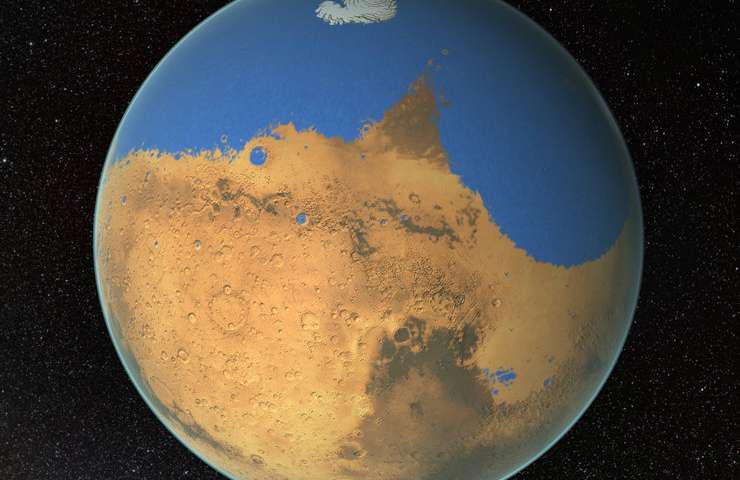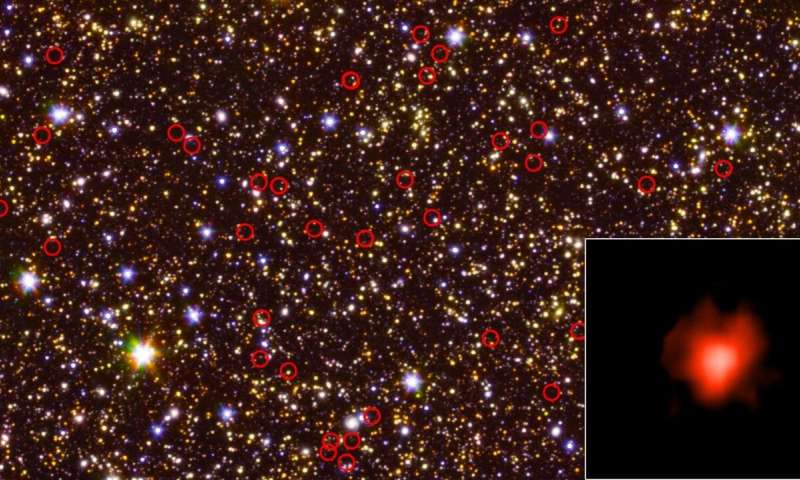Computing faster with quasi-particles
Majorana particles are very peculiar members of the family of elementary particles. First predicted in 1937 by the Italian physicist Ettore Majorana, these particles...
How life on Earth affected its inner workings
It is well known that life on Earth and the geology of the planet are intertwined, but a new study provides fresh evidence for...
New water cycle on Mars discovered
Approximately every two Earth years, when it is summer on the southern hemisphere of Mars, a window opens: Only in this season can water...
Scientists discover a new class of single-atom nanozymes
Nanozymes—catalytic nanomaterials with enzyme-like characteristics—offer the advantage of low cost, high stability, tunable catalytic activity and ease of mass production. For these reasons, they...
Gravitational waves leave a detectable mark, physicists say
Gravitational waves, first detected in 2016, offer a new window on the universe, with the potential to tell us about everything from the time...
Methane-consuming bacteria could be the future of fuel
Known for their ability to remove methane from the environment and convert it into a usable fuel, methanotrophic bacteria have long fascinated researchers. But...
Researchers develop viable, environmentally-friendly alternative to Styrofoam
Washington State University researchers have developed an environmentally-friendly, plant-based material that for the first time works better than Styrofoam for insulation.
The foam is mostly made from...
Climate change is giving old trees a growth spurt
Larch trees in the permafrost forests of northeastern China—the northernmost tree species on Earth—are growing faster as a result of climate change, according to...
Researchers create ‘force field’ for super materials
Researchers have developed a revolutionary method to intricately grow and protect some of the world's most exciting nanomaterials—graphene and carbon nanotubes (CNT).
When curved and...
New clues about how ancient galaxies lit up the universe
NASA's Spitzer Space Telescope has revealed that some of the universe's earliest galaxies were brighter than expected. The excess light is a byproduct of...
Abrupt climate change drove early South American population decline
Abrupt climate change some 8,000 years ago led to a dramatic decline in early South American populations, suggests new UCL research.
The study, published in Scientific...















